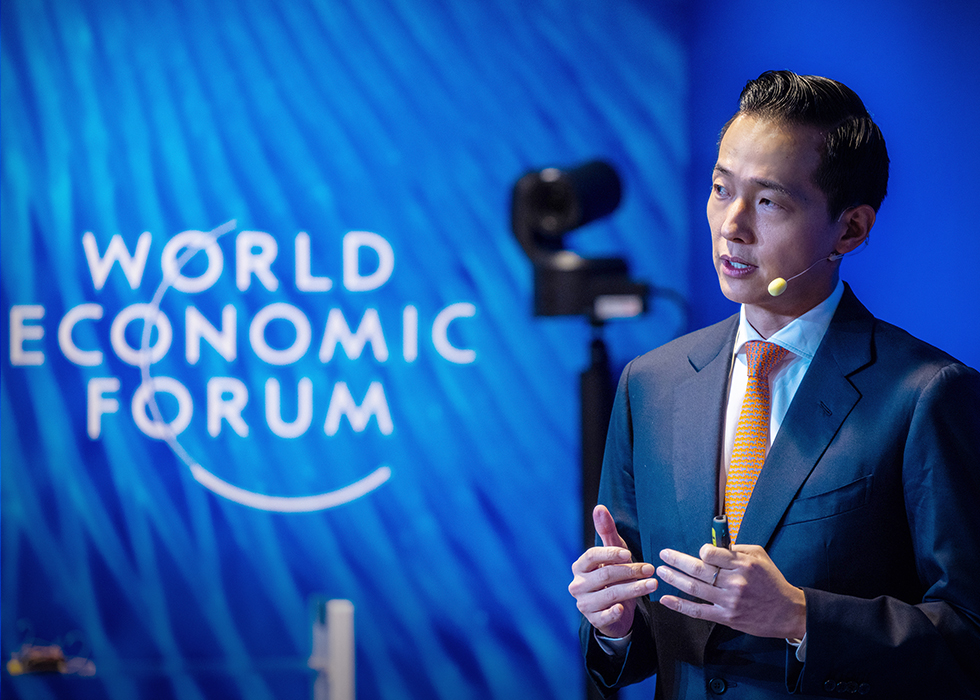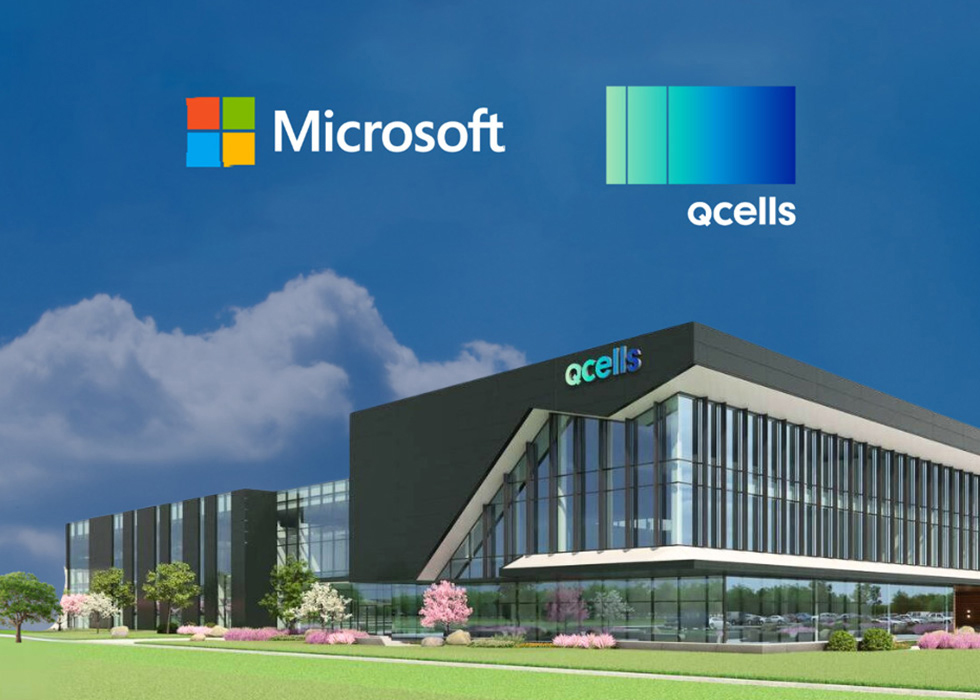Clean Up MekongCampaign Wins Gold at New York Festivals Advertising Awards
- Hanwha’s global campaign to clean up the Mekong River in Vietnam using solar-powered boats received a Gold Award at the New York Festivals 2020 Advertising Awards
- Hanwha stands at the forefront of fighting climate change and other environmental issues for sustainable development

A solar-powered boat donated to Vietnam as part of the “Clean Up Mekong“ campaign
The winners of the New York Festivals 2020 Advertising Awards, one of the world’s top three advertising awards alongside the Cannes Lions Awards and the Clio Awards, were announced on May 4, 2020.
While judging rounds were held online due to COVID-19, Hanwha’s “Clean Up Mekong” campaign emerged as the winner of the Gold Award for “Public Relations: Best Use” in the “Environmental Effort” category. Hanwha’s campaign addresses the problem of floating waste clogging the Mekong River in Vietnam.
The campaign was selected out of thousands of corporate communications entries from 60 countries by a jury of more than 400 experts. Entries ranged from advertising and content to promotional materials and partnerships. After five rounds and out of a shortlist of finalists, an executive jury composed of creatives from around the world honored the campaign with six awards. These included one Gold Award for “Public Relations: Best Use” and five Bronze Awards.
The “Clean Up Mekong” campaign is just one of Hanwha’s efforts to protect the environment and keep its commitment to sustainability. It was organized in collaboration with the Vietnam Environment Administration and the Global Green Growth Institute (GGGI) of Vietnam. The campaign’s goals were to address environmental issues and raise public awareness in Vietnam, a country that is an important global hub for Hanwha. For Vietnam, the Mekong River is a primary source of water but rife with pollution, impacting the health of more than 70 million people.
Waste indiscriminately discarded along the river’s length has turned the Mekong into one of the ten most polluted rivers in the world. The pollutants also ultimately float into the ocean and threaten marine life. As Vietnam is the last country through which the river runs before reaching the ocean, the “Clean Up Mekong” campaign specifically targeted the riverside city of Vinh Long for the cleanup effort.
The work began in June 2019, when Hanwha donated two solar-powered waste-collecting boats to Vinh Long, Vietnam, to help remove floating waste from the river in an environmentally-friendly manner. The boats use high-performance Hanwha Q CELLS’ Q.PEAK DUO solar modules to provide the needed energy efficiently. More importantly, the solar modules allow the boats to operate without emitting any greenhouses gases or other pollutants during their operations.
Each boat uses conveyor systems to collect waste from the surface of the Mekong River six to seven hours every day. Together, the two boats can collect up to 400 to 500 kg of waste daily.

A solar-powered boat donated to Vietnam as part of the “Clean Up Mekong“ campaign
The social media campaign also has helped raise public awareness on the pollution’s impact on the environment and the Mekong River. The Facebook content attracted more than 4.34 million views in Vietnam. Later in August of 2019, Hanwha posted a YouTube video to explain the campaign’s objectives and show the boats at work. It revealed that the pollution problem wasn’t local to Vietnam, but also affected the rest of the world, raising empathy and giving recognition to it as a global issue. The video went viral, surging past 13.5 million views.
The video was also shown this past January at the World Economic Forum Annual Meeting in Davos, Switzerland, and last October at the Korea International Renewable Energy Conference (KIREC) as an example of a best practice in sustainability.
Hanwha is no stranger to global sustainable development and social responsibility. The company has been taking a leading position to address climate change and other pressing environmental issues over the years. In 2011, Hanwha launched its “Hanwha Solar Forest” campaign to build environmentally-friendly forests around the world to combat desertification and reduce atmospheric fine dust. To date, this campaign has planted more than 500,000 trees across 1.33 million square meters in Mongolia, China, and Korea. In 2018, Hanwha’s campaign was introduced as a best practice for implementing the United Nations’ Sustainable Development Goals (SDGs) at the Headquarters of the United Nations in New York City.
Get the latest news about Hanwha, right in your inbox.
Fields marked with * are mandatory.
- Non-employee
- Employee





